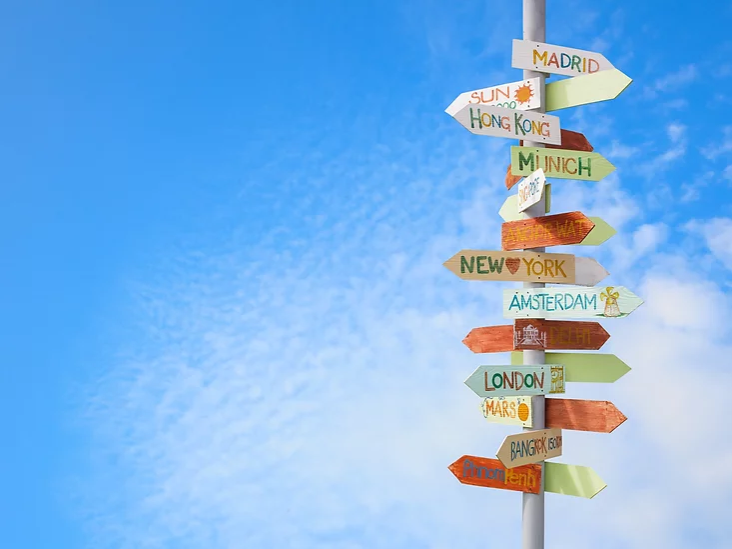by Rebecca Leff | Pontifical Catholic University of Rio de Janeiro, Fall 2014
Originally written on March 14, 2016
My Dad’s reaction when I told him I wanted to backpack Europe solo was, “Wow…have you seen Taken?” I assured him that I had, that it was just a movie, and that I wasn’t planning on sharing cabs with random strangers. His voice still expressed a queasy, parental uneasiness, so I tried a different approach. I went into depth about how my study abroad experience in Rio de Janeiro had instilled in me qualities of adaptability, resourcefulness, and awareness of my surroundings. A couple of half-hearted opposition attempts and a few days later, I booked my flight to London.
The qualities which I listed did not come to me easily, as they oppose what most classrooms in the USA value: organization, planning, and punctuality. In Brazil, these skills are practically useless – in my 6 months in Rio, I never once saw a bus map or scheduled times of departure. Although I eventually thrived in my new environment, I had to learn to deal with unpredictable situations in the moment. Here are a few tips I learned that may prove useful to anyone who feels lost without their planner:
Generate awareness of your surroundings.
Even in situations where you really think you know where you’re going, I highly recommend being awake and alert. My friend fell asleep on her bus ride home in Rio de Janeiro and woke up in a very unsafe place. She was fine as she was able to quickly grab a taxi and talk to the driver in Portuguese, but it was a stressful situation that could have been avoided.
Awareness Tips:
-
Don’t wear earbuds in both ears in public settings.
-
If you’re traveling by yourself on a crowded bus, sit in the aisle seat.
-
Improve your sense of direction as best you can. How? Look for landmarks, street names, or anything to help you orient yourself. A good test to prepare is to try to get to and return from a new location in Atlanta without Google Maps.
-
If you’re lost, ask for directions from a shop owner, not just anyone on the street.
Learn to assess the environment while trusting your gut and your brain.
Sometimes you may find yourself heading into a huge, unfamiliar crowd in a location you aren’t terribly familiar with. For me, that was Day 3 of my study abroad experience, as I arrived in Rio de Janeiro during the World Cup. Naturally, all the study abroad students wanted to watch the Columbia vs. France game from FIFA Fan Fest, which was a gathering on Copacabana beach of about 20,000 very excited tourists and locals. Few us of had cell phones or watches, and as a short person with a relatively quiet voice, I had little chance of finding my friends if we got separated. Some things I did, which I recommend other study abroad students do too, included:
-
Noting the entrance and exit locations.
There were two main exits and one entrance for about 10,000 people. That meant that if something were to happen inside that area, it would be extremely difficult to get out. Realize this early, and make decisions about your safety accordingly. I decided to watch the game from outside the fence as I felt more comfortable doing so.
-
Making a plan.
Agree upon a location to meet after the event occurs (preferably something not in the middle of the crowd’s path). Figure out how much money you have and how much it will take to get back to the place you’re sleeping. If you’re taking public transportation as soon as the event ends, I recommend changing your departure time so your entire group will be able to fit in the same section.
-
Assessing the crowd and your gut.
Seeing a wall of fully armed policemen shocked me as I was headed into FIFA Fan Fest. Although they may have been a symbolic presence, I knew that I wasn’t very comfortable around big guns and big crowds. I also knew that soccer/football fans took the game very seriously, and riots occasionally happen. Because of this, I decided to watch the final game from a local establishment with my roommate instead of returning to the big screen on the beach. In situations with big crowds, do what’s right for you.
Learning adaptability and resourcefulness takes practice and time. Whether at home or abroad, at work or at play, the skills will serve you well.
